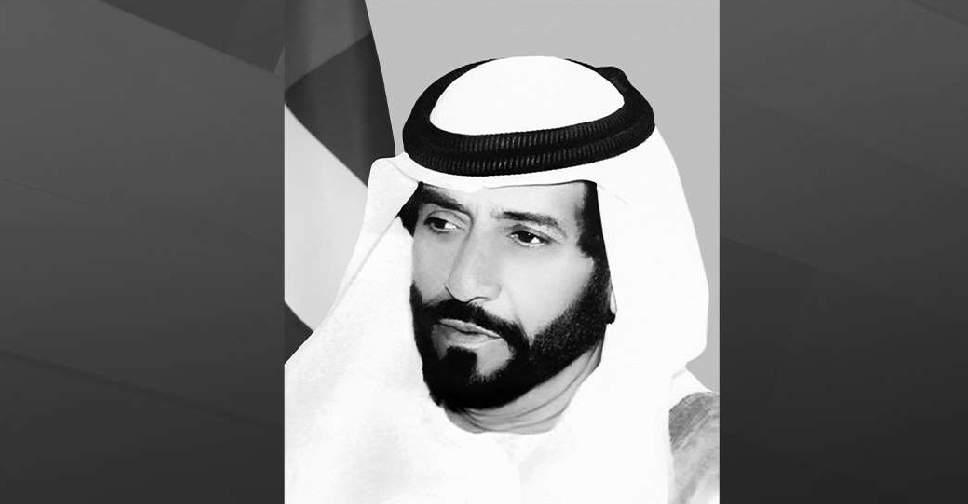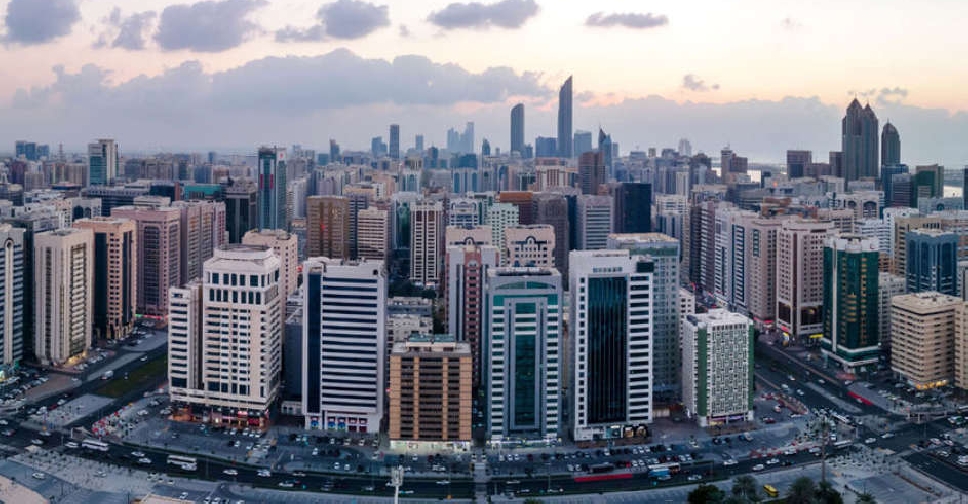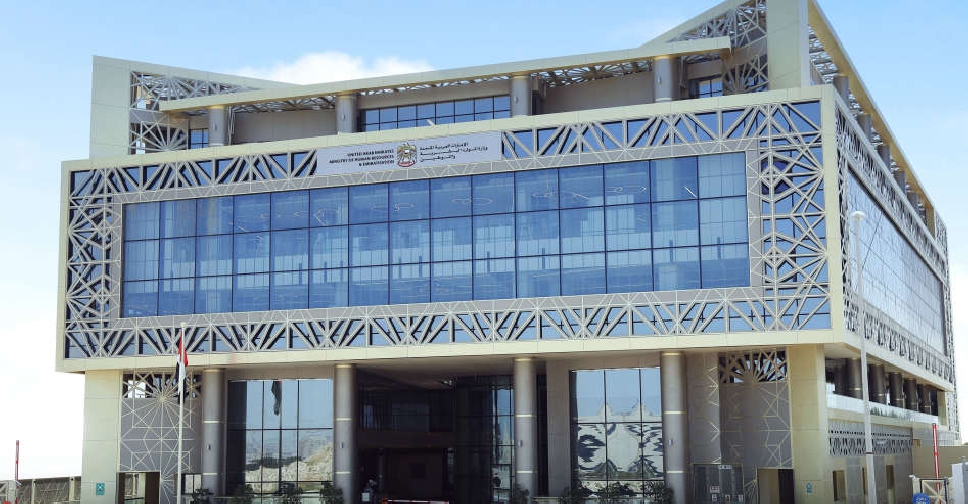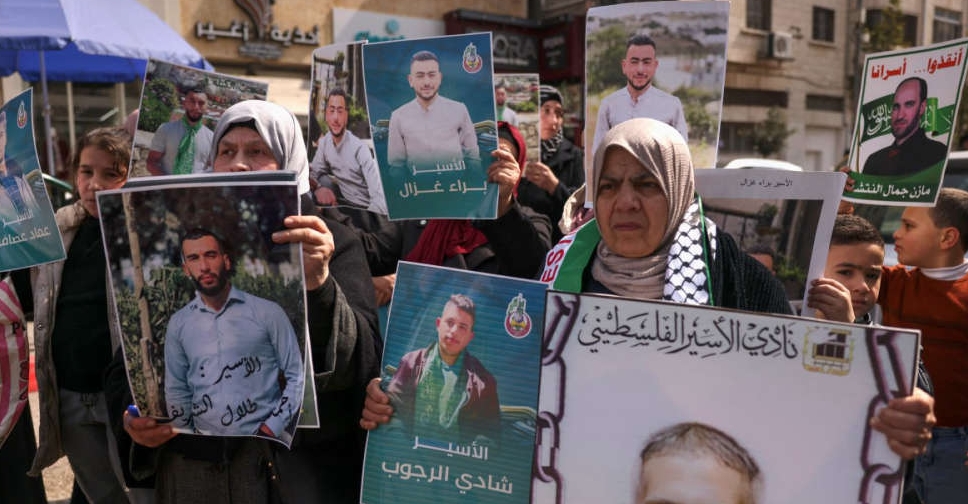
The number of Palestinians in Israeli prisons is witnessing a record rise after last October, at rates not recorded in the previous decade, with human rights reports questioning the conditions of their detention.
The American newspaper "The New York Times" revealed that Israel is detaining more than 9,000 Palestinians under military and national security laws.
Israeli human rights organisations explained that more than 3,500 Palestinians are detained without any charges being brought against them, which is known as “ administrative detention .”
The Palestinian Authority for Prisoners and Ex-Prisoners Affairs also indicated that about 200 minors and 68 women face charges of engaging in hostilities and are in Israeli prisons.
The American newspaper said that prisoners from the West Bank are transferred to the prison system run by civilians in Israel, and their selection is supervised by the far-right Minister of National Security, Itamar Ben Gvir.
As for the prisoners in the Gaza Strip, they are transferred to at least three detention facilities run by the Israeli army.
It is believed that dozens of Palestinians have died in Israeli prisons since October 7, while the Israeli army has admitted that it is aware of the killing of 27 Palestinians in its prisons.
The Palestinian News Agency, Wafa, said that from Thursday evening until Friday evening, Israeli forces arrested at least 25 citizens from the West Bank, including a woman and children, in addition to former prisoners.
The Prisoners' and Ex-Prisoners' Affairs Authority and the Prisoners' Club said that the arrest operations were concentrated in occupied Jerusalem after hundreds went to perform Friday prayers at the blessed Al-Aqsa Mosque, while the rest of the arrests were distributed among the governorates of Hebron, Nablus, Tulkarm, and Qalqilya.
Wafa indicated that the number of arrests in the West Bank after October 7 rose to about 7,870 arrests, including those who were arrested from homes, through military checkpoints, those who were forced to surrender themselves under pressure, and those who were held hostage.
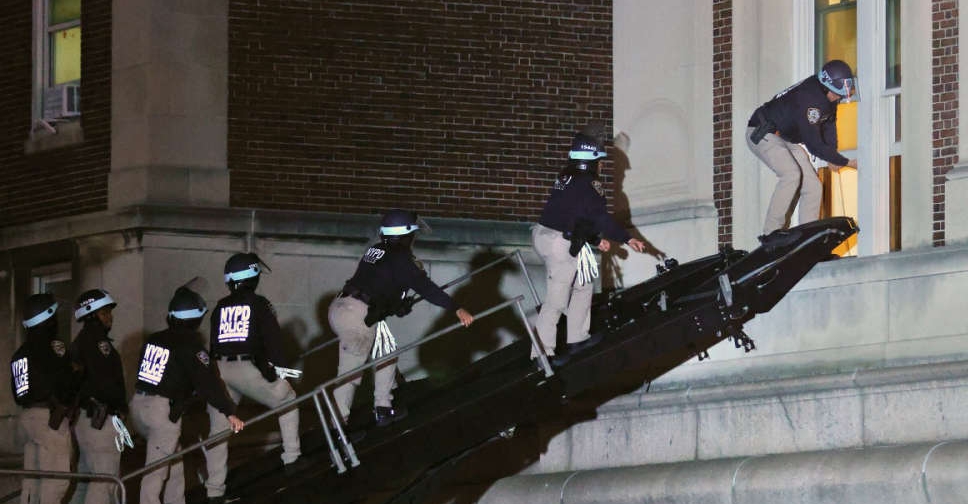 Dozens of pro-Palestinian protesters at Columbia University arrested
Dozens of pro-Palestinian protesters at Columbia University arrested
 Dozens of schools in India evacuated after email bomb threat hoax
Dozens of schools in India evacuated after email bomb threat hoax
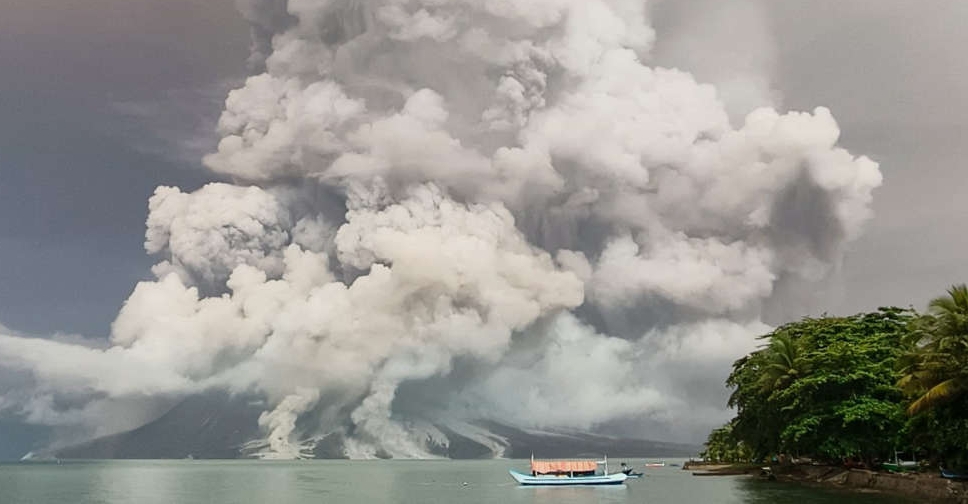 Evacuation continues following Indonesia's Ruang volcano eruption
Evacuation continues following Indonesia's Ruang volcano eruption
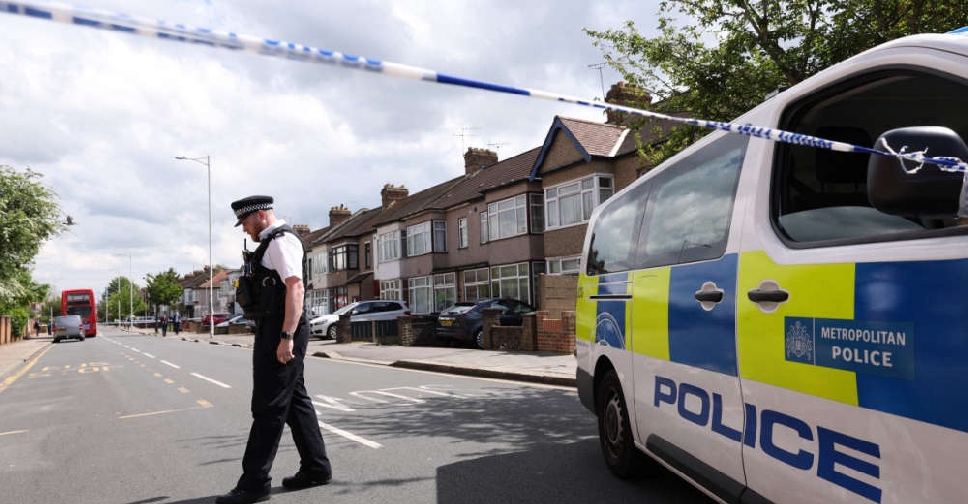 Teenage boy killed in London sword attack
Teenage boy killed in London sword attack
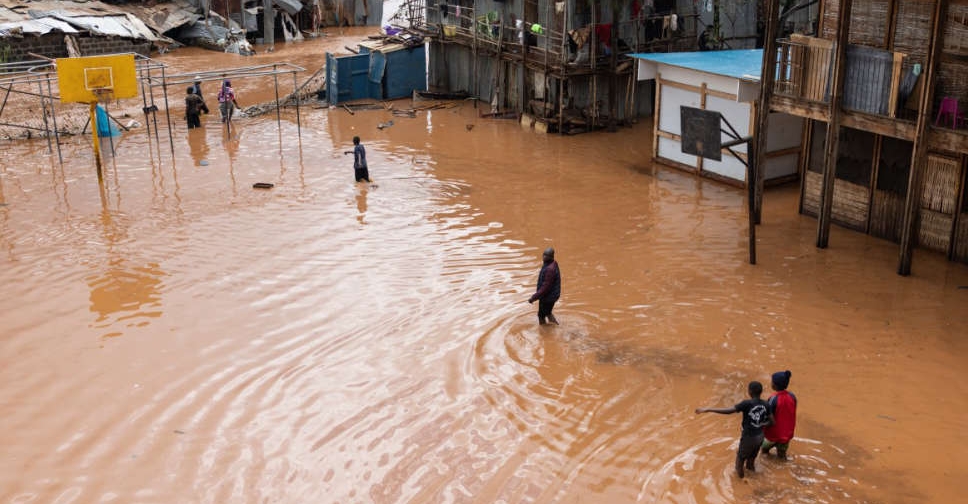 Kenya searches for more than 90 missing after floods
Kenya searches for more than 90 missing after floods
